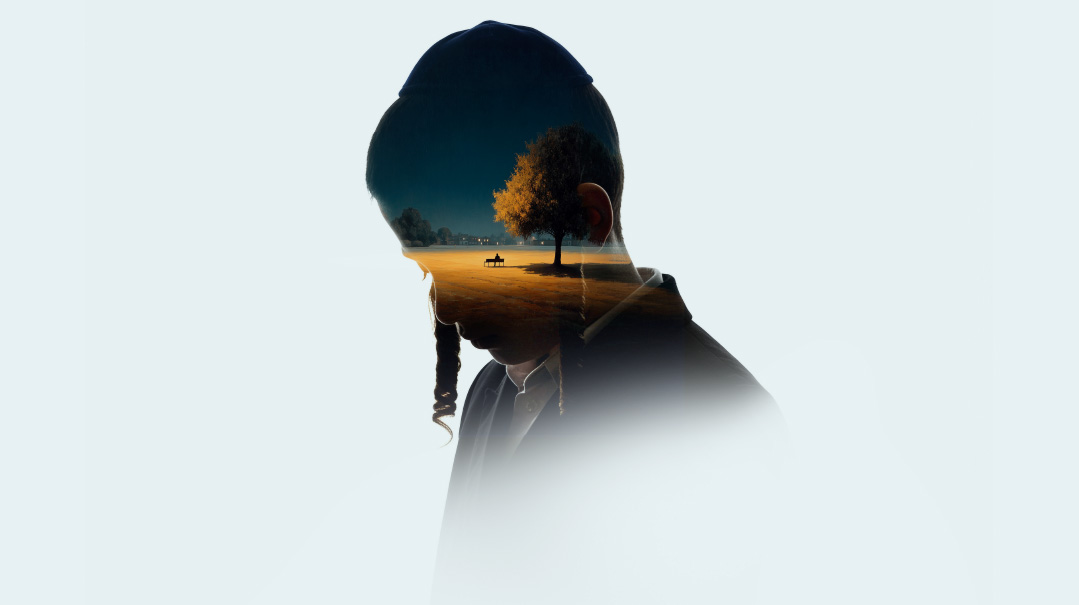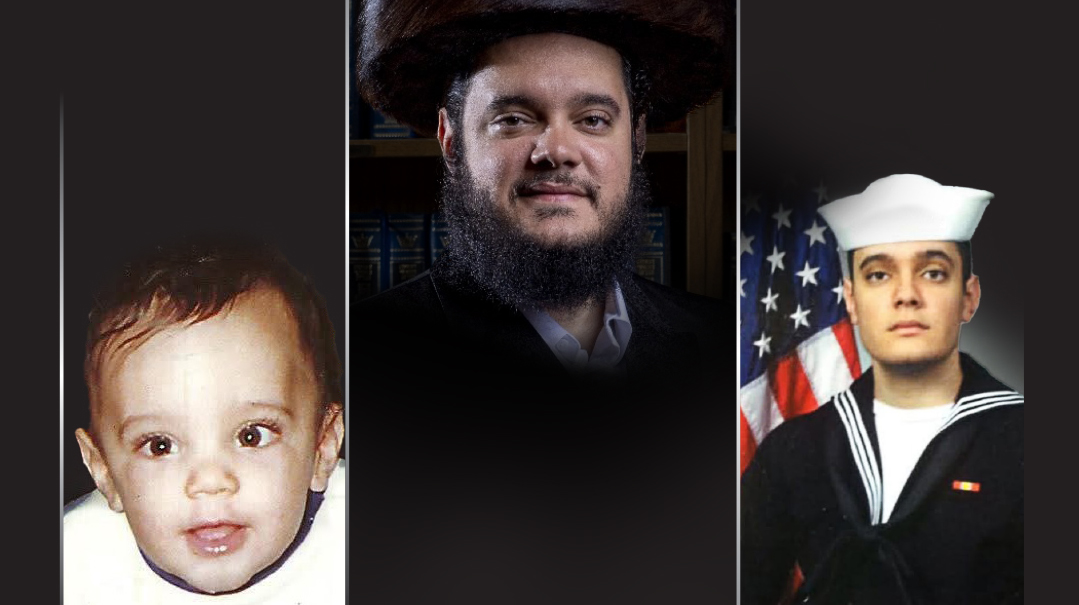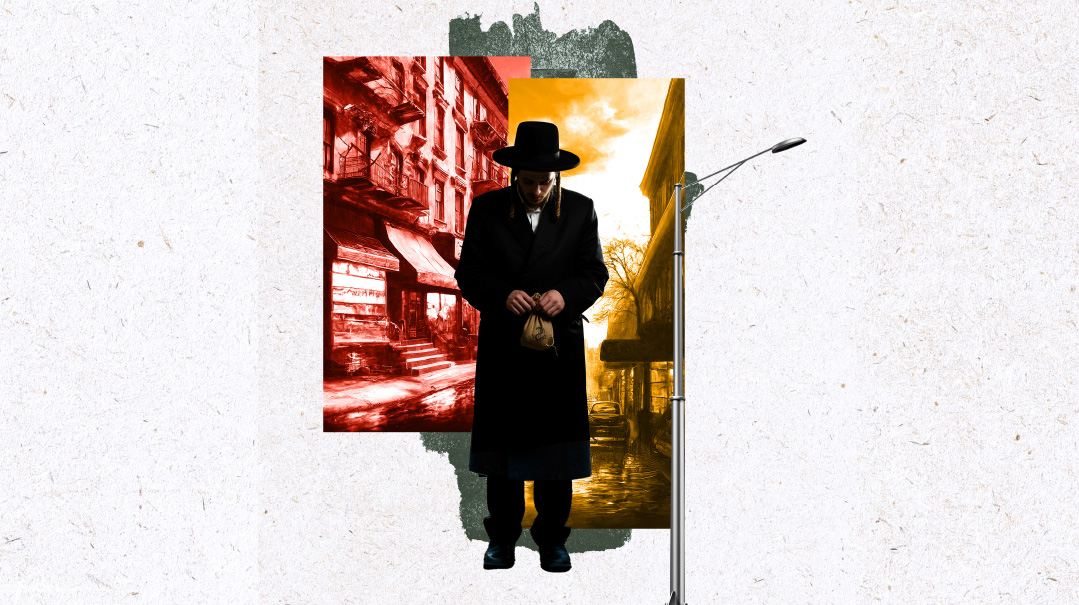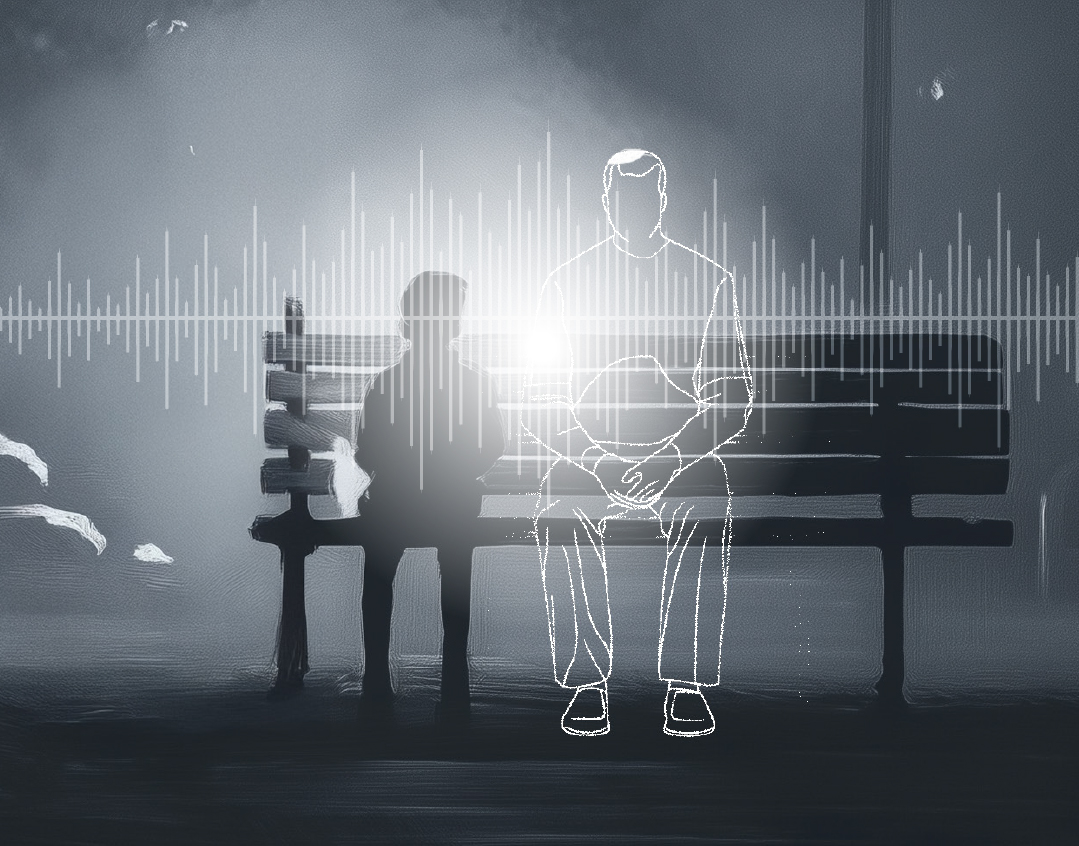Shards of Healing

Would I be doomed to carry my traumatic childhood into the next generation?

As told to Miriam Bloch
MY life was a hopeless morass of pain, torment, shame, and despair from when I was very young and into adulthood. When my marriage and my parenting flailed, I was convinced that it was all a result of my shortcomings. Until I was introduced to people and methods that helped me cope with my trauma and put me on the path to emotional healing.
My father died four years ago, from Covid. I didn’t grieve his death; I grieved something much, much bigger.
I’m starting my story in the middle because that’s how it comes back to me — in fragments. There’s no sequence. That’s how it is when trauma defines the fabric of your life.
I grew up without ever knowing my father, never having any inkling of the person he was beneath all the violence. His uncontrollable rage formed the essence of my childhood, and much of my adult life, too.
I’m the second to youngest child, number four of five. While I can’t say for certain what my older siblings experienced — it’s not something we talk about much because of our disparate views on what took place and who was to blame — I believe they did go through something very similar in some shape or form.
My oldest sister is 14 years above me, so we didn’t spend a lot of time together before she got married and moved overseas. Today, I find her tough to get along with; we don’t see eye to eye on things, least of all our challenges. My two sisters below her, whom I secretly dubbed the “burden carrier” and the “peace maker,” in that order, also had their own unique interpretations of the dynamics, each one coping in her own way.
And me? I’m a sensitive person. I’ve always been. When things hurt, they hurt deeply. And with my sharp sense of justice, I recognize dysfunction and stand up for what’s right.
One particular incident stands out in my mind — not as being more painful than the rest, all of it was excruciating — but because it marked how I’d come to survive the years to come.
I was around nine. It was Shabbos and we’d just returned from shul. I refused to change for the seudah, as we usually did, because I wanted to go meet my friends later. Inevitably, my father took control of the situation and yelled at my mother and anyone in the vicinity, while I raced to hide in my room. Soon enough my father was banging the door down so hard it was close to breaking.
I remember thinking, Okay, I have two options — I can throw myself onto the concrete two stories below my bedroom window, or open the door. I won’t say which one felt more palatable.
My married sister lived several blocks away, and the minute my father was distracted with something else, I sped over there. From then on, her home became my haven, my safe place.
My parents, both of them, would often create drama over my visits to her, but I didn’t care. She had several small babies and didn’t get any support from them, not physical, emotional, or financial. I was available for her whenever she needed me, and in return, she nurtured me in ways my parents never did, doing homework with me, chatting with me, and just offering me a safe harbor where I could escape the chaos of my home. I called her place my ir miklat, my city of refuge. She was my true burden carrier.
Oops! We could not locate your form.







